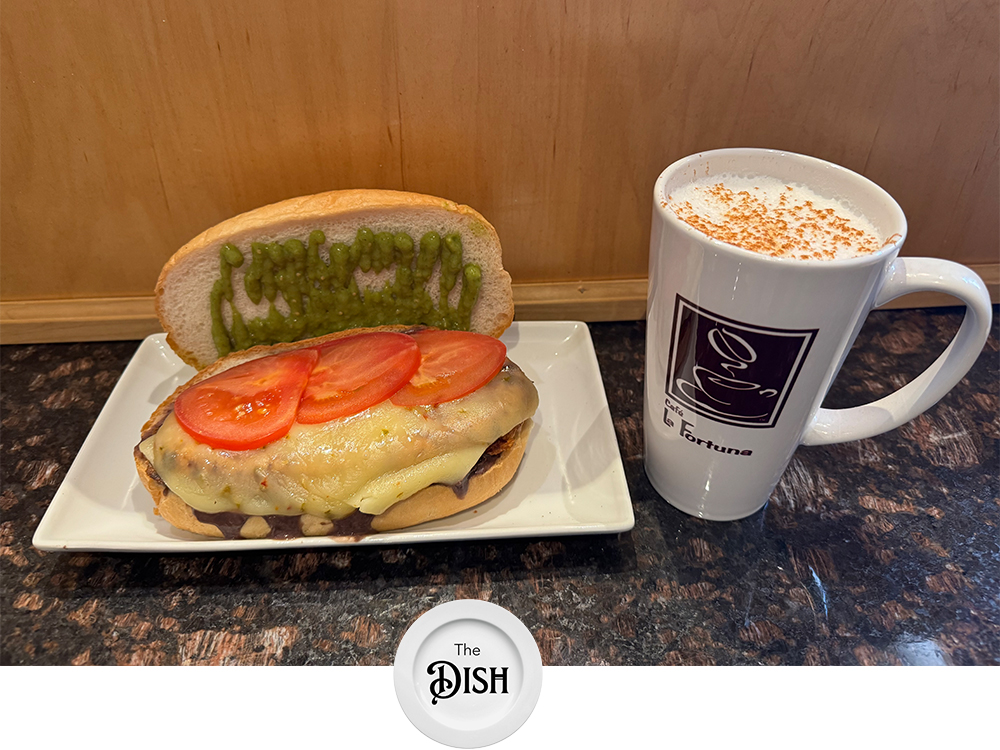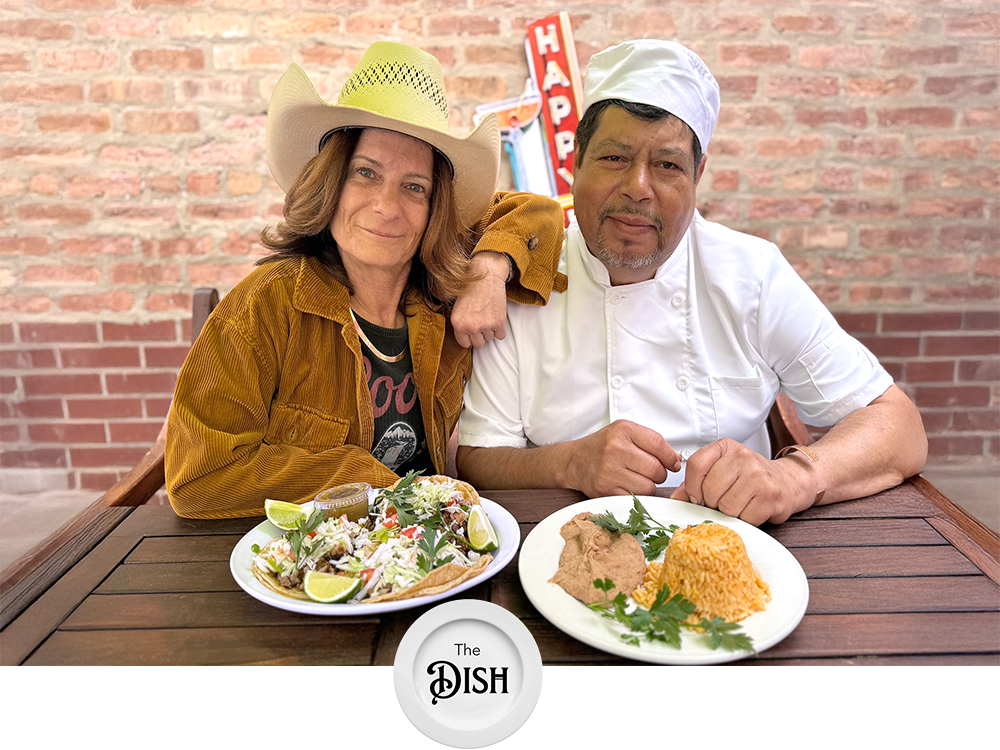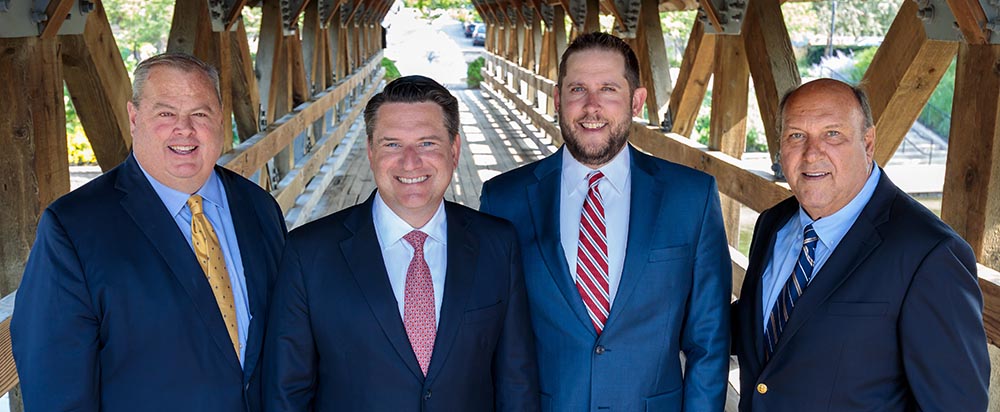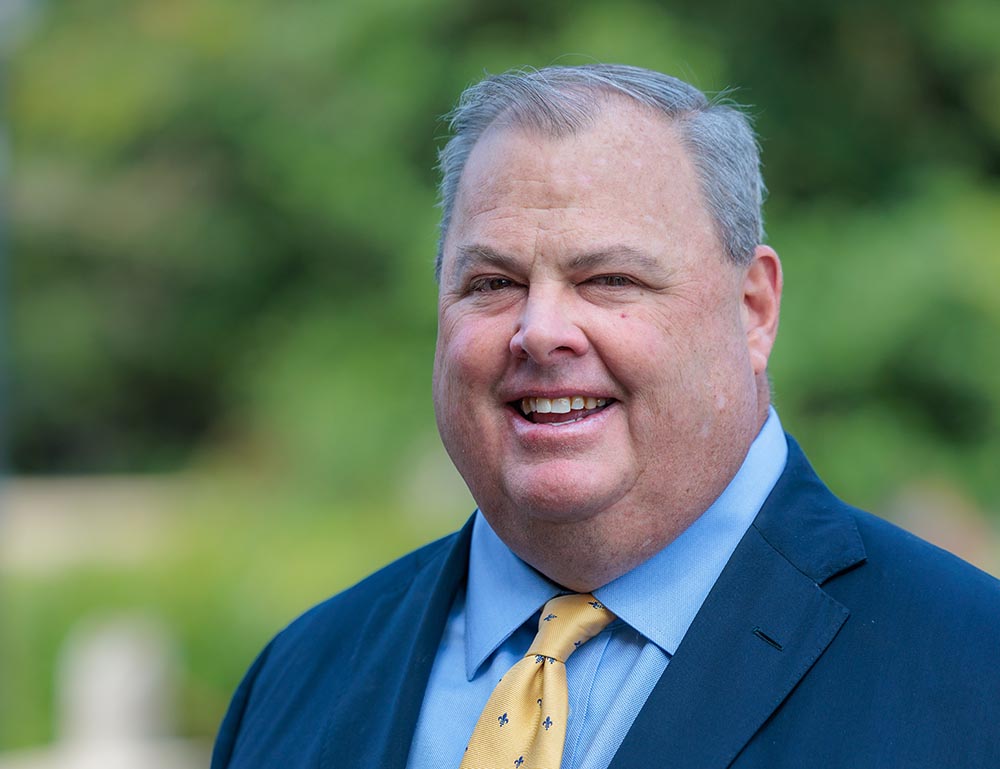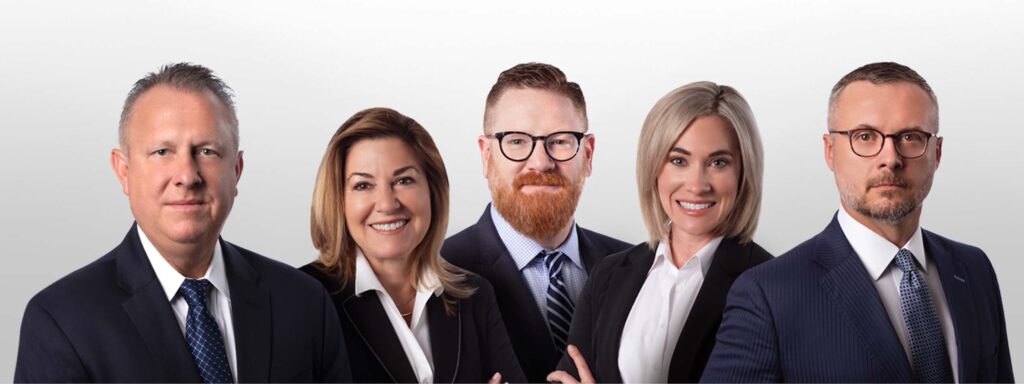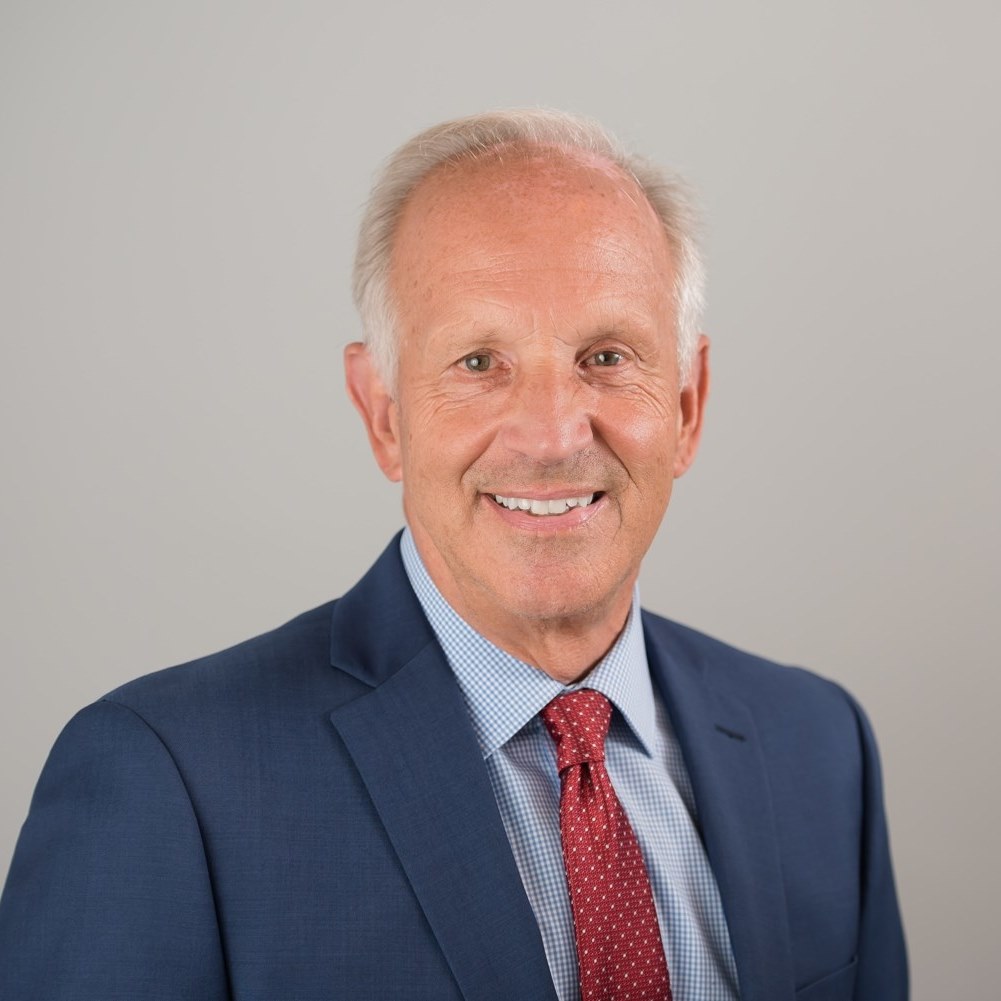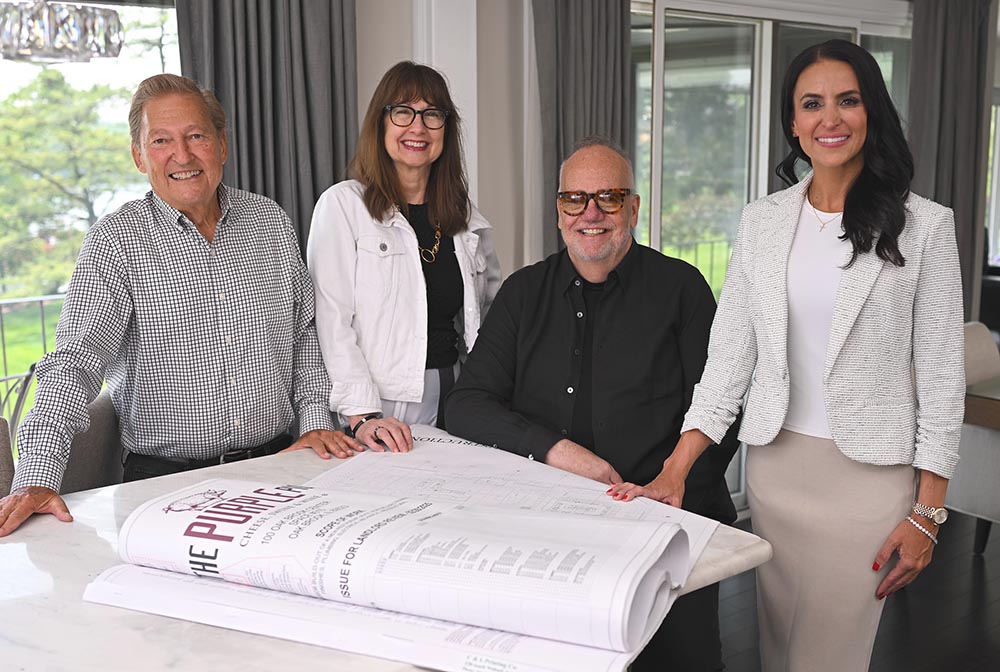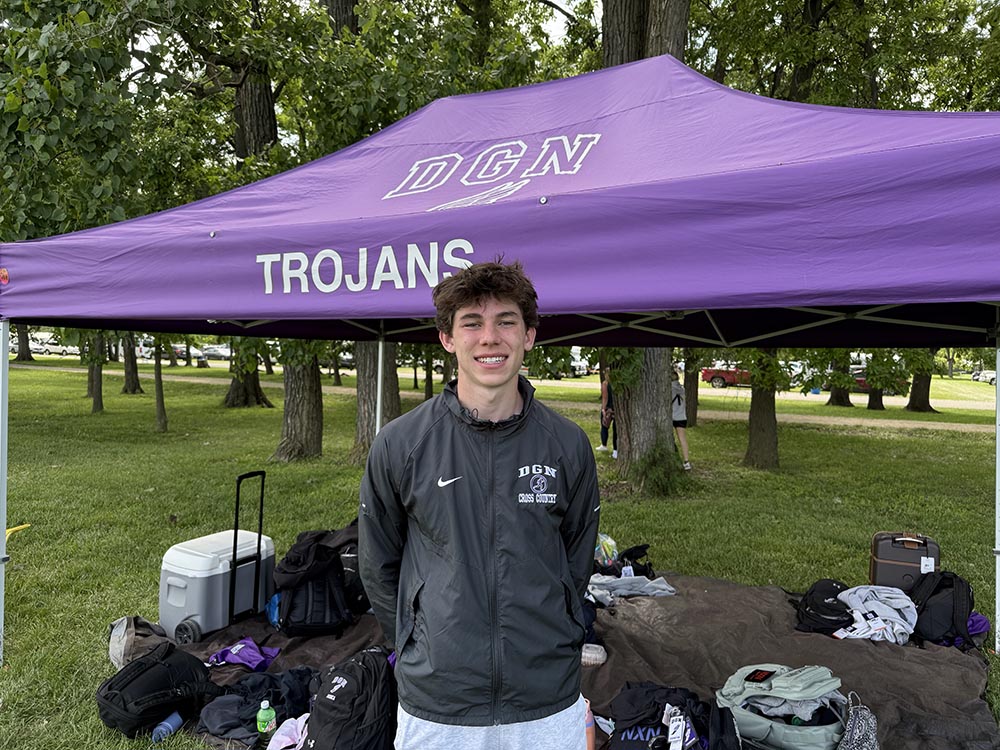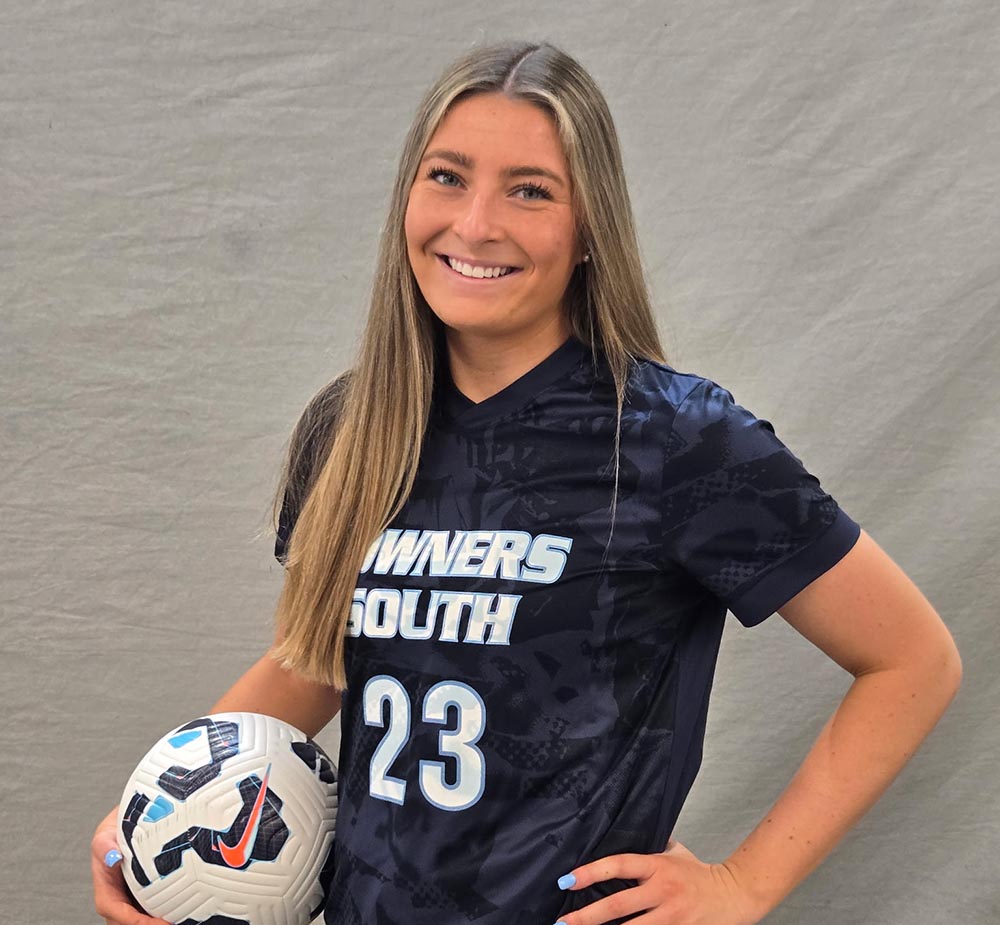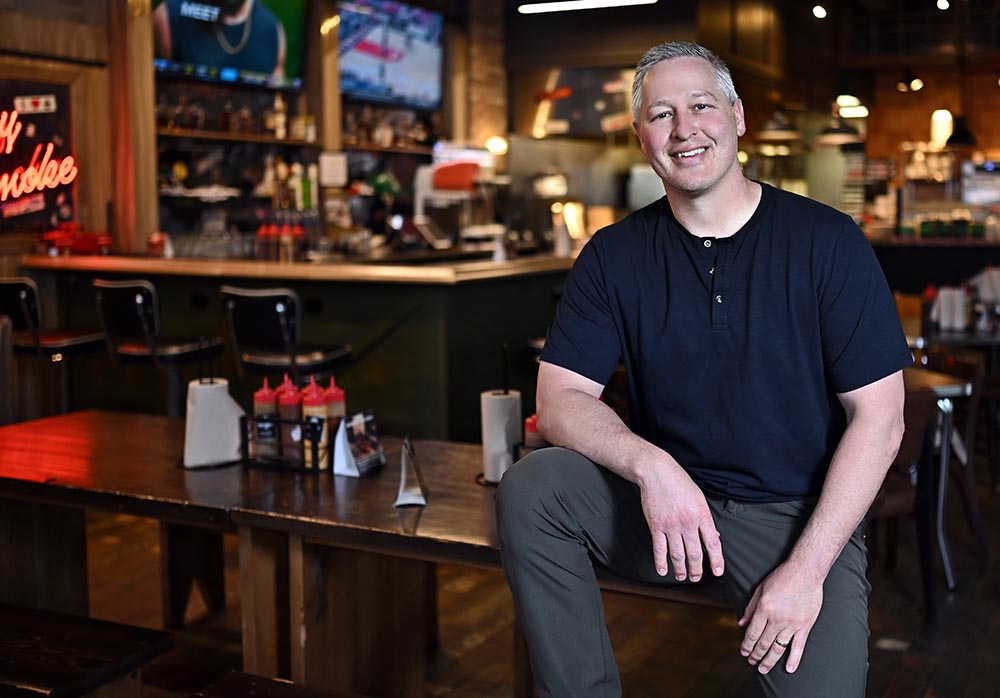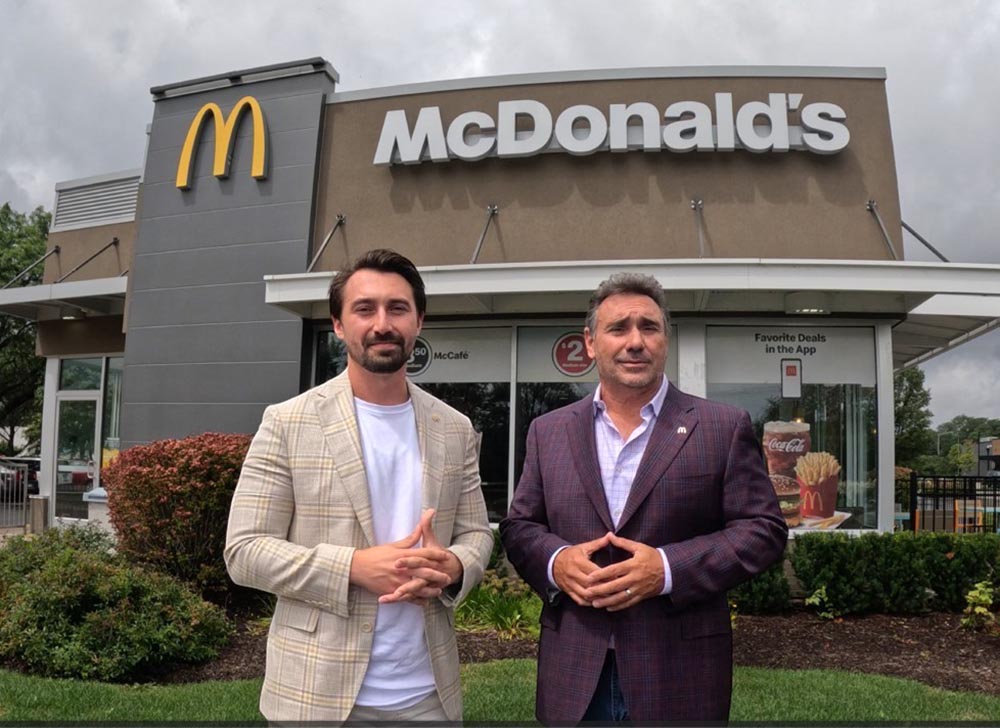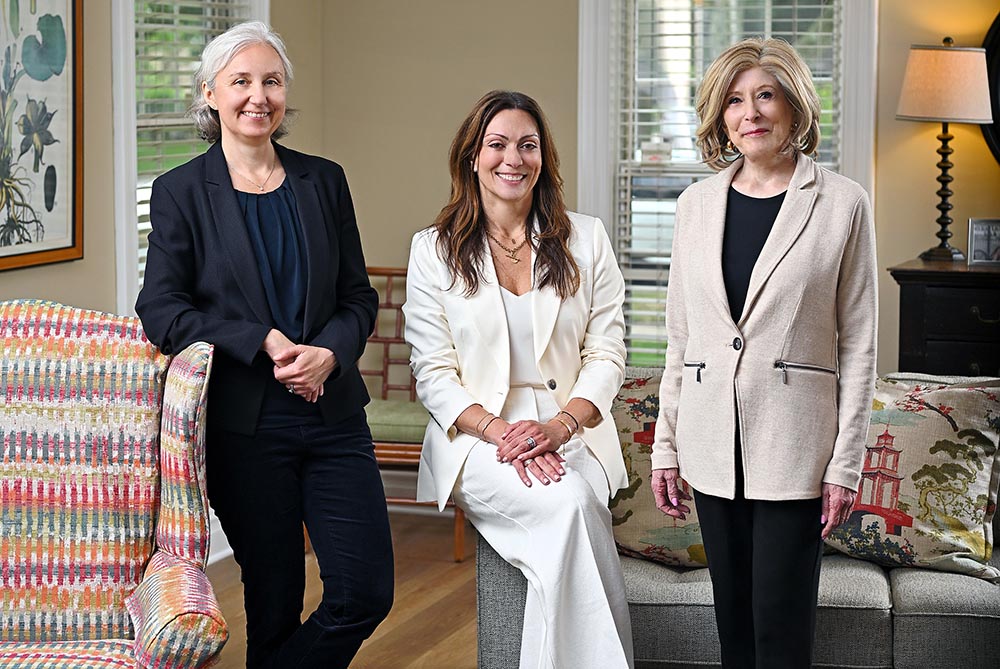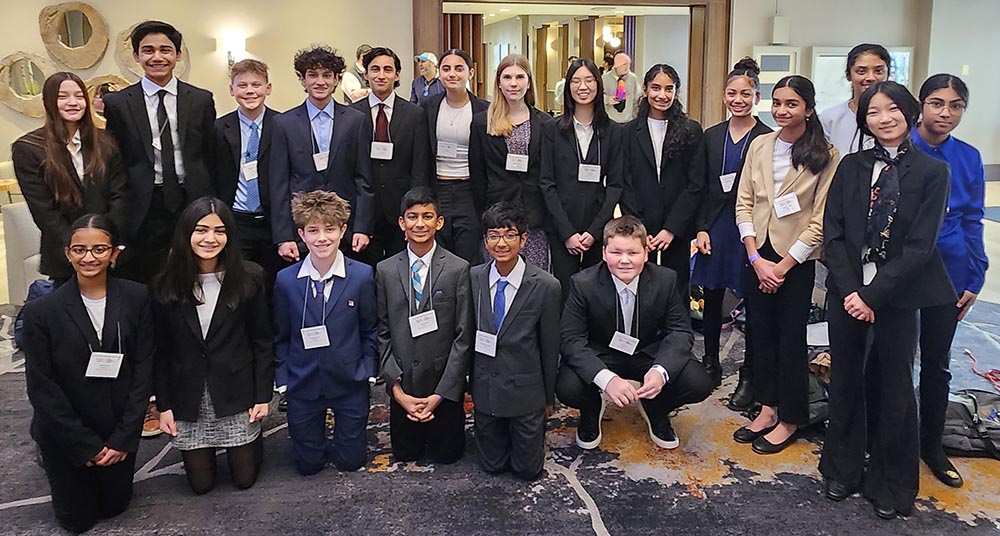After the Ashes: Holocaust survivor Eric Blaustein

By Maureen Callahan
The Holocaust was among the darkest hours in history. How survivors carry their memories is as varied as the individual stories themselves. In honor of Holocaust Remembrance Day – January 27 – local resident Eric Blaustein reflected on the five months he was imprisoned at Buchenwald Concentration Camp near Weimar, Germany as a young man. While the nightmare was not something he will ever forget, he has never let it define him, either. After the war, he went on to serve in the Israeli Army, married, had a family, and emigrated to the United States, where he had a very successful engineering career.
“The truth is, I don’t want to be a Holocaust survivor by definition,” Blaustein feels. “I survived something horrible, but I went on to live a full life after that. I also realize, however, that talking about The Holocaust will remind people what can happen if we’re anti-anything.”
Blaustein sat down with Hinsdale Magazine Group’s Contributing Editor, Maureen Callahan, in his Lombard home to share his thoughts on that moment in time.
Hinsdale Magazine Group (HMG): What do you remember from before the war?
Eric Blaustein (EB): I grew up in a middle-class family in Chemnitz, which was in Saxony in East Germany. I had a very nice childhood before Hitler came to power when I was in first grade. Even after that, my parents protected me very well. My father had many non-Jewish friends, such as the landlord of our property. He was a sort of person of influence. He helped keep us safe for a long time. As a Jew, you weren’t going to survive the war without non-Jewish friends.
HMG: Did others help your family hide?
EB: Yes. I was almost arrested at age 15, but our non-Jewish friends paid off the authorities. I had false papers that made me part of the Hitler Youth, so for a while, I could hide in the open. As things got more dangerous, I knew I had to disappear. My family split up. My mother took my sisters and went to a relative’s house in a safer area. My father and I went into hiding separately. I stayed wherever I could for as long as I could and pretended to be a nephew or some other relative, but I was a tall kid and hard to hide by then. By that point, they were drafting 16-year-olds, so I could only stay in one place until someone noticed me and questioned why I wasn’t in the military. If the people hiding me had been caught, they would have been sent to a concentration camp, too, so they risked a lot to help me.
HMG: Do you remember getting arrested?
EB: I was 16 years old when I was finally caught. I had gone out to buy a newspaper, and the police figured me out. The irony of this part of the story is that they thought I was a Communist. Communists were hung that very night for treason. I told them I was Jewish, knowing they would send me to a concentration camp, but at least it would buy me some time. It’s ironic that being Jewish could save my life at that moment. That night, I was transported by train to Weimar and then taken by truck to Buchenwald Concentration Camp.
HMG: What do you remember of Buchenwald?
EB: The moment I arrived, I asked some guards to see a former neighbor of my family, whom I knew was an overseer of the camp. He was a friend of my father’s. My father had told me to ask for him if I was ever taken to Buchenwald. At first, the guards weren’t going to let me see him. After some convincing, I told them if something happened to me before this friend knew I was there, he would have their necks. Reluctantly, they walked me to his office on a very circuitous route – I don’t think they wanted me to know where I was.
HMG: Do you credit your survival to anyone in particular?
EB: This friend of my father’s, definitely. At first, he did not recognize me, but after I brought up some old specific memories of his children, he made the connection. The first thing he said was, ‘Buchenwald has no Jews left. You have to die tonight, or they’ll kill you first thing in the morning for sport.’ I got scared, but what he meant was I would have to die on paper. I had to change my identity. So, they took the patch off an Italian fellow’s uniform who had actually died that night and switched it with mine. The Nazis kept very exact records and would have noticed if the body count was off in the morning. So, all of a sudden, my name was Luigi, and I was out of immediate danger.
HMG: Did you have a job in the camp?
EB: Yes. Two days after I assumed the identity of that Italian fellow, I was shipped off for work detail at a satellite camp about 40 miles from Buchenwald. The prisoners there were building a gasoline factory. Looking back, it was much safer out there, because there was less chance of anyone realizing my identity had changed. When I arrived, the Italian guys around me said, ‘stick with us. We’ll help you get by.’ And they did. The master sergeant I reported to was in his 30s. He became like a father to me. I got sick at one point, and these guys hid me in a mine shaft and fed me. I owe my life to those Italians.
HMG: How did you get through the days?
EB: In the camps, living was day-to-day. The food was terrible, and there wasn’t much of it. We worked 12 hours a day in the cold. There was very little heat and never enough clothing. Sometimes we would warm up in a nearby coal mine where there were fires, but we were usually chased out once the guards realized we were in there. There wasn’t much hope until one day, my fellow inmates somehow managed to get hold of a radio and found a station where we could listen to the Allied reports. We learned the U.S. had crossed the Rhine River. That gave us strength.
HMG: What do you remember about the liberation of the camp?
EB: I remember the day the Americans came – April 16, 1945. I nearly got myself killed because it was a cold, raw day, and the Germans had already fled the camp. They left stuff behind. I had found one of their coats and put it on. When the American tanks rolled in, the soldiers pointed a gun at me, thinking I was one of the Germans. I said to the Americans, ‘Don’t shoot! You bring liberty to me.’ I just remember clearly thinking, ‘If they’re here, I’m free!’
HMG: What happened after the liberation?
EB: My whole family survived, which wasn’t what happened to most German Jews. First, the Red Cross came in and gave us food and medical attention. What many people don’t realize is that most survivors did not leave the camp right away because we were weak and many were sick. They didn’t really know what to do with us at first. After about three weeks, many people were strong enough to move around, but I had already left because I wanted to find my mother. Two other guys were headed the same way, so we walked together for about 200 miles to the town where my mother had hidden with relatives.
HMG: Did you ever see any other survivors again?
EB: I saw the master sergeant again – the one who had looked out for me. It was several years later at a restaurant his family owned in Rome. When we were in the camp, he had talked about his family’s business. He had mentioned cassata – the traditional Italian ice cream cake roll. He had grown up in that business, and I guess he needed something to keep him going, so he sometimes talked about food. I somehow remembered the name of the restaurant. Several years later, when my wife and I passed through Rome, we went to the restaurant. I wrote a note on a napkin and asked the server to give it to him if, by chance, he was there. The next thing I knew, a procession of waiters brought a cassata to our table! He and I were able to talk for a while that day. I tried to contact him again sometime later, but he had passed away. I’ll never forget that cassata, though.


